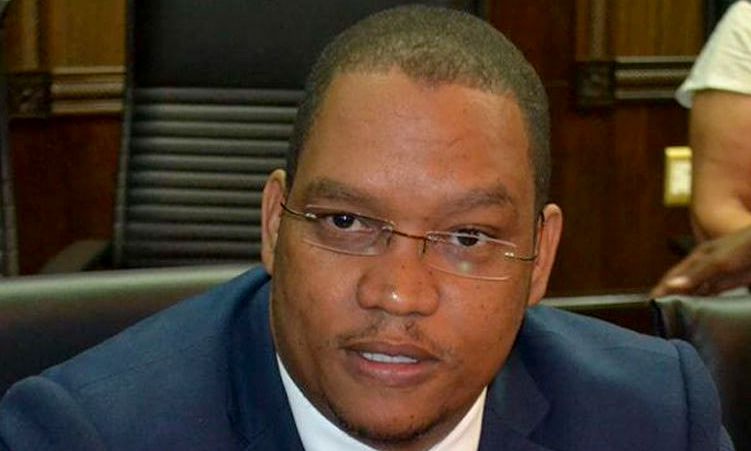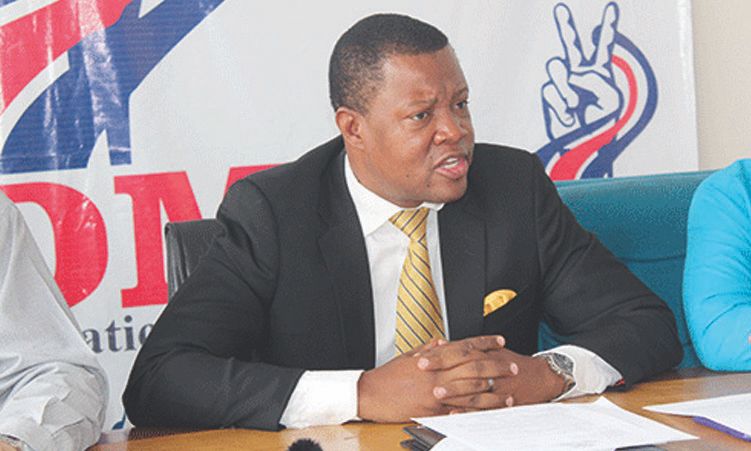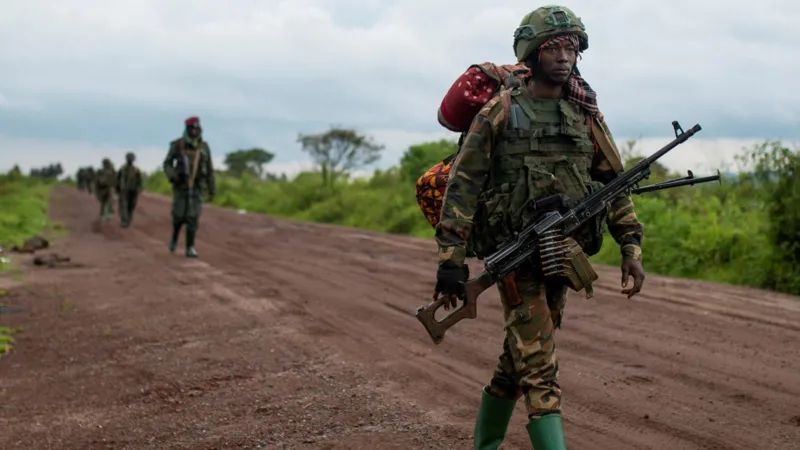He says over 93% of the population benefits from safe water sources.
Shangula was speaking during the observance of Global Handwashing Day and World Toilet Day at Otjiwarongo on Monday.
Shangula said the country’s success in water provision emphasised the need for continued efforts to improve sanitation.
“While we have made significant strides, open defecation and poor sanitation continue to pose challenges, particularly in rural areas,” he said.
The observance of the two global advocacy days was aimed at raising awareness of the importance of sanitation and hygiene.
“By celebrating these events jointly, we underscore the integral link between hand hygiene and sanitation. They represent two sides of the same coin, which are health and dignity for all,” he said.
The theme for this year’s Global Handwashing Day was ‘Why are clean hands still important?’
The World Toilet Day’s theme, ‘Toilets: A Place for Peace’, emphasised the need for safe and private sanitation facilities free from unsanitary conditions or harm.
According to the health minister, both themes align with Namibia’s broader objective of improving health outcomes through effective sanitation and hygiene practices.
He added that these efforts also echo the Sustainable Development Goals (SDGs), particularly Goal 6, which seeks to ensure the availability and sustainable management of water and sanitation for all by 2030.
Shangula said achieving the SDGs would be impossible without addressing both water and sanitation.
“The linkage is clear: without clean toilets and proper handwashing facilities, achieving these goals is impossible,” he said.
Despite the progress in water access, Shangula pointed out that Namibia, like many African countries, faces challenges in sanitation.
He said, globally, more than 3.6 billion people lack access to proper sanitation, with sub-Saharan Africa accounting for a significant portion of this figure.
Namibia, while progressing, still has work to do in reducing open defecation, particularly in rural and informal settlements, the minister said.
“Epidemiologically, these deficiencies contribute to the prevalence of water-borne diseases, which are the leading causes of mortality among children under five in Africa,” he said.
To address these challenges, the government has developed policies and implemented several initiatives to improve access to water and sanitation across all 14 regions.
Shangula said one such initiative is the community-led total sanitation approach, which encourages communities to construct their own sanitation facilities using locally available materials.
This initiative has been piloted in the Ohangwena, Kavango East, Kavango West, and Zambezi regions, with most villages in these areas declared free of open defecation.
“I understand that some villages in the Otjozondjupa region have started to use the community-led total sanitation approach, which is very welcome news,” Shangula said.
Shangula also called on regional and local authorities, religious leaders, and community leaders to commit to providing clean, safe water and sanitation facilities for all, especially vulnerable populations such as children, the elderly, and those with disabilities.
Stay informed with The Namibian – your source for credible journalism. Get in-depth reporting and opinions for
only N$85 a month. Invest in journalism, invest in democracy –
Subscribe Now!








